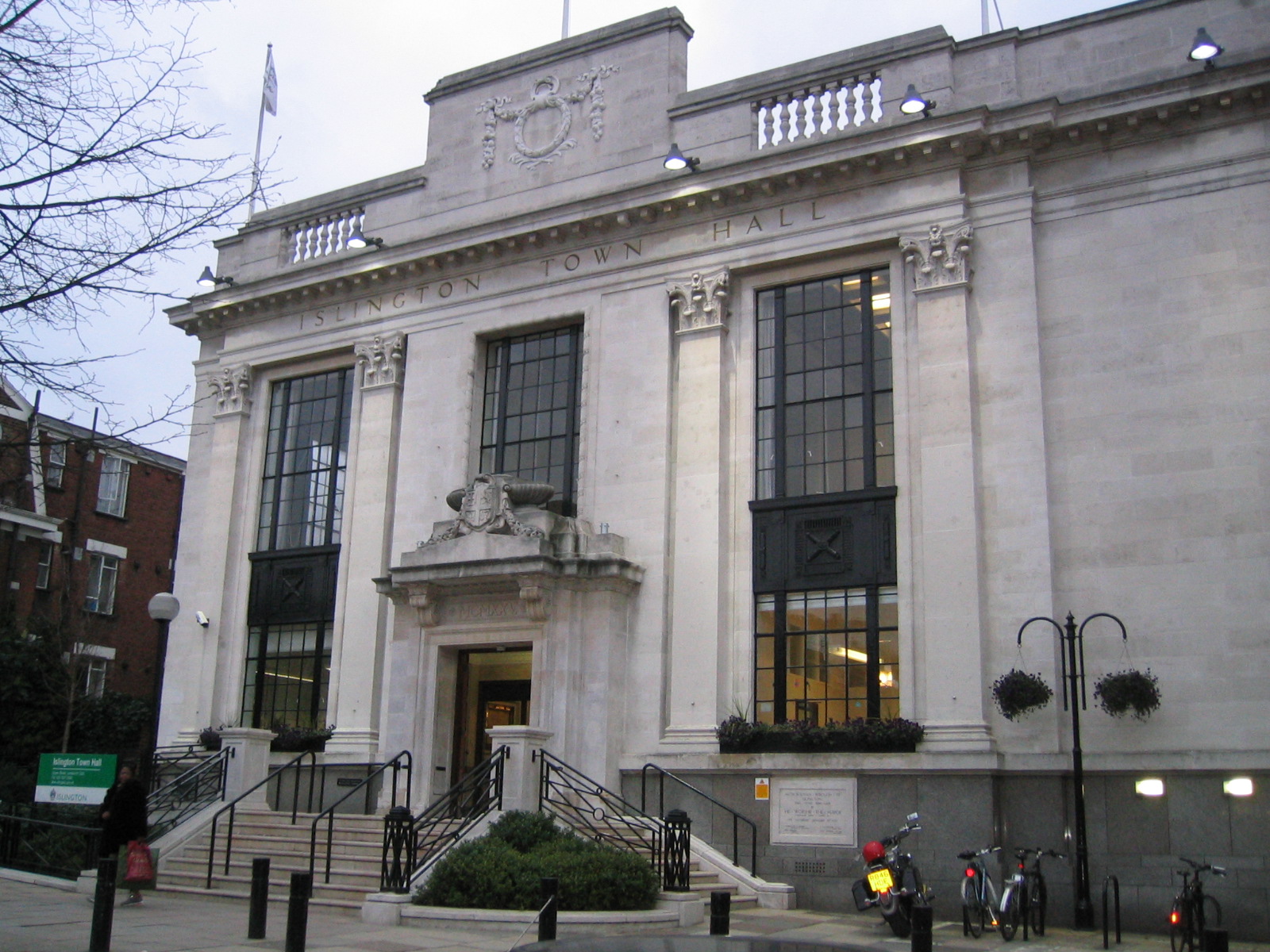Westdeutsche v Islington (1996) – Trust issues in deciding repayment after an ultra vires ruling
(Last updated: )

Westdeutsche Landesbank Girozentrale v Islington London Borough Council [1996] UKHL 12
Summary
A 10-year interest rate swap between a bank and a local council, in which the bank paid an upfront payment of £2.5 million that was to be repaid in instalments, was deemed ultra vires and void. The Council was ordered to repay the remaining balance to the Bank, with compound interest as there was both a total failure of consideration and proprietary claim to restitution.
Introduction
Pursuant to the significant decision in Hazell v Hammersmith and Fulham London Borough Council [1992] 2 A.C. 1, Hobhouse J held that Westdeutsche Landesbank Girozentral (“the Bank”) were entitled to recover the net balance outstanding on the swap transaction from the defendants, Islington London Borough Council (“the Council”) in a previous appeal. This sum amounted to £1,145,523.93, after the upfront payment of £2.5m by the Bank to the Council, and the four semi-annual payments amounting to £1,354,474.07 paid by the Council to the Bank.
As the swaps were deemed ab initio, the Bank wanted their money back, in conjunction with compound interest. In order to receive the compound interest, WLG would have to have retained proprietary rights over the money that they paid to the Council.
The Council argued that whilst they should repay the money it had received, it should only be done with simple interest. The Bank then sued the Council for compound interest, as a resulting trust had been made as they did not intend the money to be a gift. The High Court ruled in favour of the Bank, stating that the remaining net balance of £1,145,523.93 should be repaid by the Council to the Bank, with compound interest. In a subsequent appeal by the Council at the Court of Appeal, Hobhouse J upheld this decision.
The case which had previously been cited as giving the Bank an equitable proprietary claim was Sinclair v Brougham [1914] AC 938. Given the controversy surrounding this case, the Council appealed largely about whether compound interest should remain, with the following issues being discussed:
First Issue: if there was a total failure of consideration, in order for moneys to be recovered.
Second Issue: whether there was a proprietary claim in restitution.
Third Issue: what type of interest the repayment would be subject to.
Judgement
The appeal was allowed and the Council were ordered to pay the Bank the remaining balance, in conjunction with simple interest, contrary to the two prior rulings.
First Issue: it was found that there was total failure of consideration, so previous judgment for the Bank to be able to recover the remaining balance in full from the Council was upheld. The total failure of consideration was an important distinction that made the case so significant for future cases;
Second Issue: HL Lord Goff stated that “Claims in restitution are founded upon a principle of justice, being designed to prevent the unjust enrichment of the defendant” and cited Lipkin v Karpnale Ltd. [1992] 2 A.C. 548. However, the Bank had no proprietary equitable claim under a resulting trust. Whilst there was an “intention” that it was to be held on trust, this was not possible as it was not anticipated that the transactions would be deemed ultra vires and void, pursuant to the decision made in Hazell v Hammersmith and Fulham LBC in 1991. The House of Lords was unanimous in their decision to reject a proprietary claim in restitution, with Birk’s theory of resulting trusts being rejected.
Third issue: the grounds on which the ability to claim compound interest become available was not available at common law in 1996, even if it was available in equity. Lord Lloyd agreed that Sinclair v Brougham was wrongly decided and should be overruled, agreeing that if compound interest was offered, the equitable jurisdiction would be extended “to a field where it has never before been exercised”. The moral imperative presented in the bank’s arguments should not be used to develop principles that afforded new powers to court in awarding compound interest.
The Lords on the case came to different conclusions; ultimately the appeal was allowed, by a majority (Lord Browne-Wilkinson, Lord Slynn and Lord Lloyd), stating that the Bank could only recover moneys with simple interest as it only had a personal claim for recovery, and no proprietary equitable claim under a resulting trust.
Application
This case places a clear distinction between when there is and when there is not a breach of trust.
Contact Us